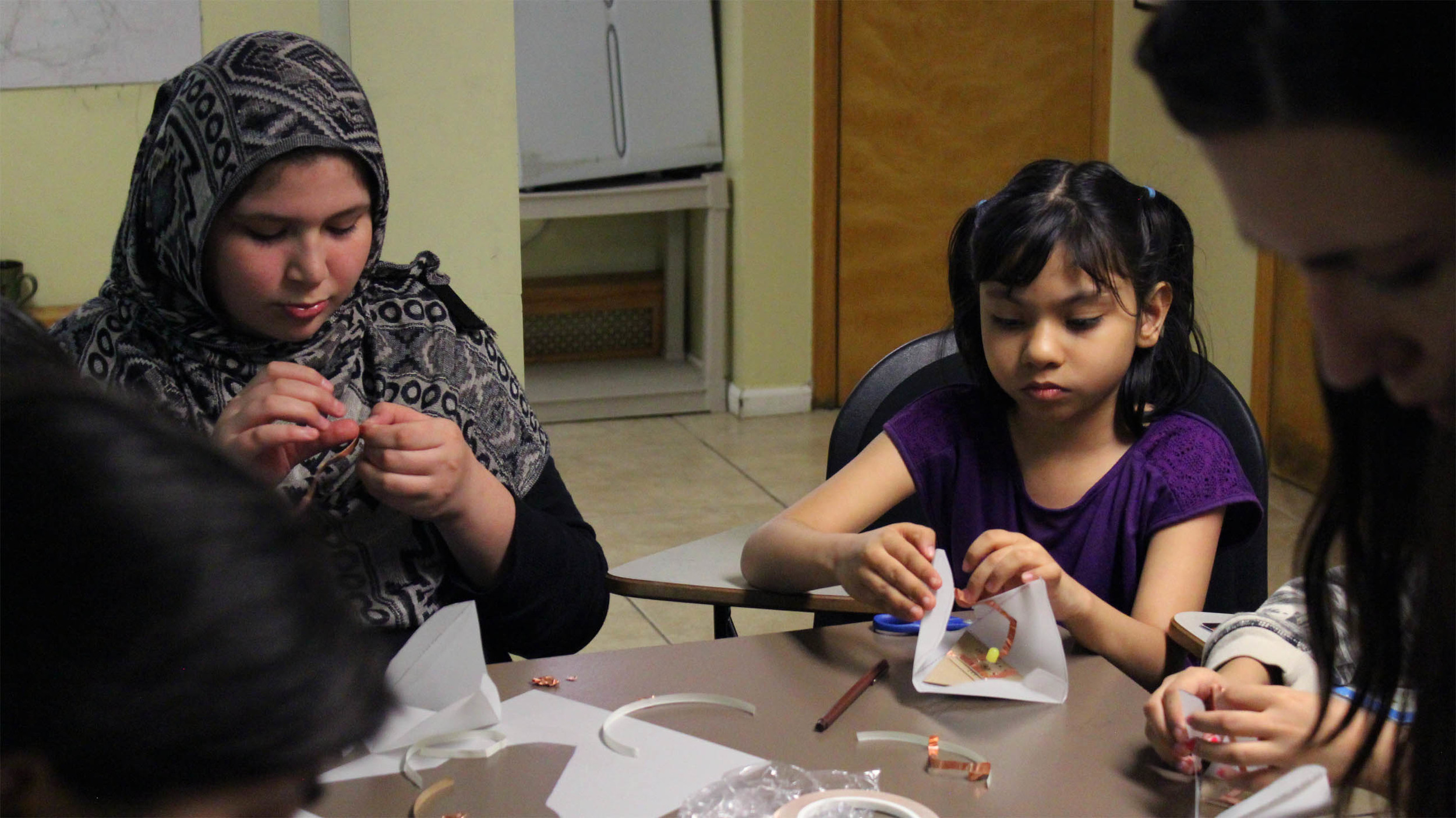“Innovative solutions to complex problems are most likely to emerge when disciplinary boundaries are transcended and fresh perspectives are given the space to flourish. New Challenge is a hotbed of collaboration and invention in a university unlike any other. We bring policy, design, science, humanities, and performance together. In that laboratory, anything is possible.”
New Challenge is a response to a changing world. The future of work, enterprise, and careers is being transformed by technology, globalization, and other factors. Young people are increasingly seeking to build careers with purpose and to make a positive social impact through their work. The economy is changing at an ever-faster pace, with millennials expected to change jobs every two or three years. By 2020, Forbes analysts predict freelancers and entrepreneurs will comprise more than 50% of our economy. In this context, there is an urgent need for students and emerging professionals to develop the entrepreneurial mindsets and skills that will enable them to navigate their careers over the course of a lifetime.
At the same time, there is a global demand for new solutions that enhance environmental sustainability and meet human needs like better health, sanitation, education, and financial security. In order to address these challenges, we believe students must further hone their skills in the areas of innovation, creativity, critical thinking, problem solving, empathy, resilience, communication, and collaboration. Students must be able to work effectively with people from diverse backgrounds to tackle complex problems that span diverse cultures, sectors, and disciplines.
“The entire process has enabled us to become entrepreneurial, while also allowing us to gain traction in the field.”
New Challenge was built from the ground up by a group of students and faculty from design, management, performing arts, and social science. This initial team of students began their collaboration by developing a creative project that engaged the university community in the experience of improvisation as a metaphor for risk taking, deemed to be an essential element in change making.
To achieve this, it is imperative we create learning environments and resources that support students in shaping a future that is prosperous, just, and sustainable. There is a critical need to disrupt more traditional learning paradigms in higher education in order to meet the needs of students from diverse backgrounds and ensure they continue learning throughout their lives. Co-curricular learning initiatives like New Challenge provide useful contexts for educational innovation because they exist outside the formal structure of degree programs. These more flexible, interstitial spaces provide an opportunity to test new learning methods, which can be broadly applied across the University in different ways over time.
A year-round learning experience open to both undergraduate and graduate students across the University, New Challenge has created a robust application process in which the entire New School community identifies teams with a high potential for significant social impact. The University has engaged more than 500 alumni, faculty, and administrators as judges and mentors for New Challenge. Winning teams receive mentorship, participate in skill-building workshops, and are eligible for up to $10,000 in seed funding from The New School. During this year of support, student teams develop tangible products, services, consultancies, cultural projects, `projects, game designs, and new technologies that address pressing social issues in communities around the world. This initial support enables New Challenge winners to leverage additional resources, connect with the broader entrepreneurial ecosystem in the region, and develop partnerships with a range of collaborators, including individuals, organizations, and companies in New York City and throughout the world.
The New School’s approach to social innovation distinguishes it from more narrow approaches to entrepreneurship typically found at business schools, which tend to focus exclusively on the creation of social ventures. Rather than idolizing the solo entrepreneur, we encourage students to form teams and design with, not for, communities. In addition to conceiving of innovative products and services, New School students collaborate with community members to build the capacity of others to meet their own needs. With this in mind, the following core principles guide New Challenge:
DESIGN DRIVEN
As a design-led university, we believe creativity is central to the student learning experience and view design as an important means of finding solutions to complex challenges
CROSS-SECTOR APPROACH
Our aim is to develop leaders for social change across all sectors (nonprofit, public and business)
CO-CREATED CHANGE
We privilege co-created solutions with communities and diverse stakeholders
SOCIAL JUSTICE
We emphasize the creation of solutions with the potential for systemic impact that creates a more just world
INTERDISCIPLINARY AND COLLABORATIVE
We recognize that all disciplines can contribute creative ideas to complex challenges and seek to foster collaboration across disciplines
There is a critical need to disrupt more traditional learning paradigms in higher education in order to meet the needs of students from diverse backgrounds and ensure they continue learning throughout their lives. Co-curricular learning initiatives like New Challenge provide useful contexts for educational innovation because they exist outside the formal structure of degree programs. These more flexible, interstitial spaces provide an opportunity to test new learning methods, which can be broadly applied across the University in different ways over time.
“New Challenge builds from The New School’s deep legacy of progressive education and commitment to social engagement. It supports the generation of a more just and inclusive world in very authentic and grounded ways. I am constantly amazed by the imagination and determination our students demonstrate as they bring these ideas into reality.”
“Being a part of New Challenge has been my most valuable experience at The New School. It has taught me how to make a real impact on the world and made me realize what I want to do for the next 10 years. The support of New Challenge has given me the confidence to pursue this project on a bigger scale and the mentorship I needed to see it through. I have received leadership training that I will use for the rest of my life.”
Watch this video for an overview of New Challenge:

